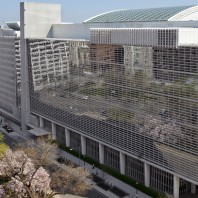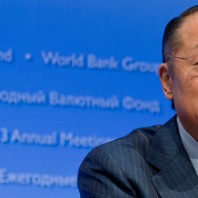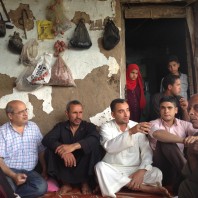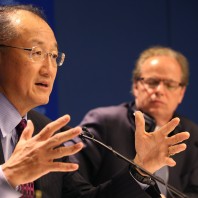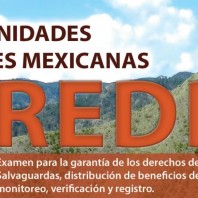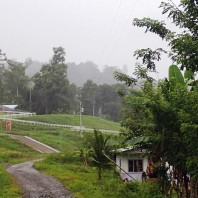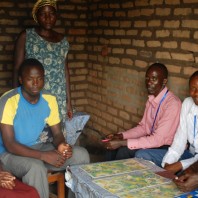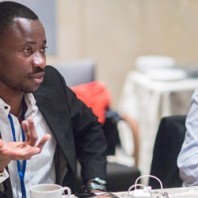A call for public consultation on a Safeguard implementation plan.
Photo: Simone D. McCourtie / World Bank (CC BY-NC-ND 2.0) (July 31, 2014) Over widespread objections from civil society, the World Bank’s board of directors gave a green light yesterday to a weak new set of rules to replace its existing environmental and social “safeguard” policies. The proposed policies appear to reverse a generation of …
On July 27, 2014, ahead of the scheduled World Bank Board meeting to discuss the Bank’s newly proposed draft Environmental and Social Safeguards Framework, Egyptian civil society organizations sent an urgent letter to their representative on the Board of Directors, Dr. Merza Hasan, urging him to recommend that some critical changes be made to the draft. The letter …
A leaked draft of the World Bank’s proposed new Safeguard Policies appears to reverse a generation of gains.
Also available in Spanish As REDD+ preparation in Mexico proceeds at a rapid pace, civil society, local communities, and indigenous peoples have voiced concerns regarding impacts on communities and community rights. However, if the government of Mexico facilitates a transparent, participatory process of REDD+ strategy development and implementation, REDD+ is a potential opportunity to promote …
This post is also available in: Spanish On July 3, 2014, twelve organizations representing civil society, indigenous peoples, and local communities of Central America and Mexico sent forest policy recommendations to Juan Jose Bravo Moises, the World Bank Executive Director who represents their countries. Their letter provides input into the three-phase World Bank safeguard policy …
World Bank headquarters. Photo:© Deborah Campos/World Bank CC BY-NC-ND 2.0 A new analysis of trends at the World Bank by Ford Foundation Natural Resources and Sustainable Development Program Analyst Kevin Currey provides data and context for the growing shares of Bank lending going to development policy loans and the private sector, even as overall lending …
The subject of this case study is the World Bank’s failure to properly assess risks to children associated with the IDA-funded Second National Water Development Project (SNWDP) in Malawi.
The National Union of Disabled Persons of Uganda (NUDIPU) released its most recent case study on the impact of the World Bank funded Universal Post Primary Education and Training (UPPET) on persons with disabilities (PWDs) in Uganda.
Adebisi Alimi, one of BIC’s partners in the Gender & SOGIE safeguard campaign published an article on homophobia’s negative impact on development. He was part of the first delegation of activists ever to visit the World Bank and advocate for Gender & SOGIE inclusion during the 2014 Spring Meetings. The following is an excerpt: This year, …

